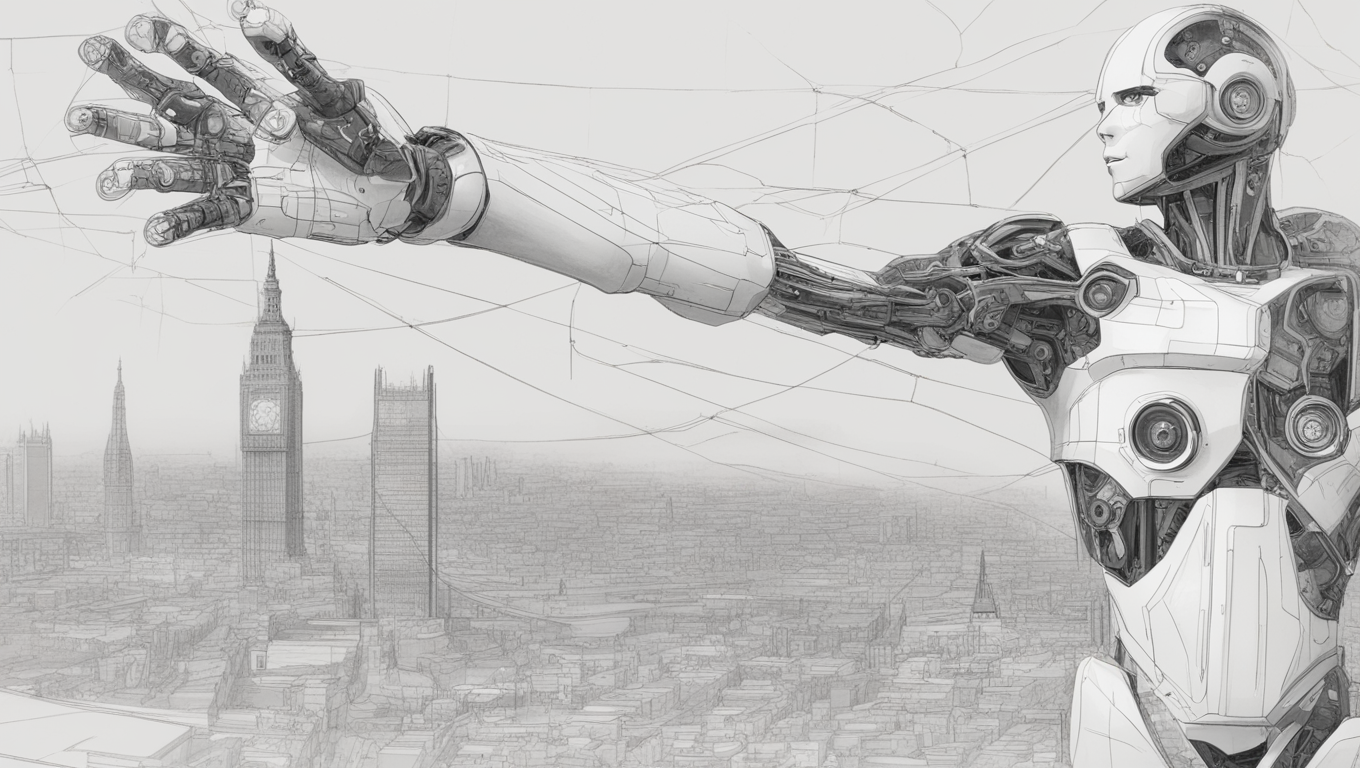Artificial intelligence (AI) is set to pose significant security risks to the UK within the next two years, according to new official analysis. A report published by the Government Office for Science warns that by 2025, AI will increase the frequency and sophistication of cyber-attacks, scams, fraud, and other crimes. The report also highlights the potential for AI to enhance terrorist capabilities, including propaganda, weapons development, and attack planning.
The analysis even suggests that there is insufficient evidence to rule out a threat to humanity from AI. As Chancellor Rishi Sunak prepares to make a major speech on the topic, he is expected to acknowledge the potential benefits of AI while also addressing the new dangers it brings. Sunak emphasized the importance of honesty and transparency, stating, “Doing the right thing, not the easy thing, means being honest with people about the risks from these technologies.”
The report points out that AI will make cyber-attacks faster, more effective, and on a larger scale. It cites tailored phishing methods and the replication of malware as examples of how AI will be used in future attacks. Another significant risk highlighted is the “erosion of trust in information.” The report warns that the rise of “deepfakes” and hyper-realistic bots could lead to the creation of fake news, personalized disinformation, market manipulation, and a threat to the criminal justice system.
The speech by Sunak comes ahead of an international AI conference held by the UK government next week. The report’s findings are based on collated information from sources including UK intelligence. One warning states that due to the uncertainty in predicting AI developments, there is insufficient evidence to rule out the possibility of highly capable AI systems posing an existential threat if misaligned or inadequately controlled.
The government’s paper also acknowledges the current capabilities of AI, noting that it can already perform economically useful tasks such as fluent conversation, translation, document summarization, and data analysis. However, it also highlights the potential disruption of the labor market as AI continues to replace human workers.
Technology Secretary Michelle Donelan commended the UK for being the “first country in the world to formally summarize the risks presented by this powerful technology.” Donelan emphasized the need to address the risks alongside the benefits, stating, “we cannot harness its benefits without also tackling the risks.”
As AI continues to advance, it is crucial to have a comprehensive understanding of the risks it poses. The UK’s proactive approach in addressing these risks sets an example for other countries to follow. By acknowledging the potential dangers and taking measures to control and regulate AI, governments can ensure that society can benefit from the technology while mitigating harm.





Use the share button below if you liked it.